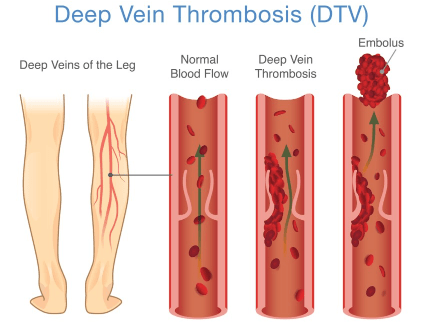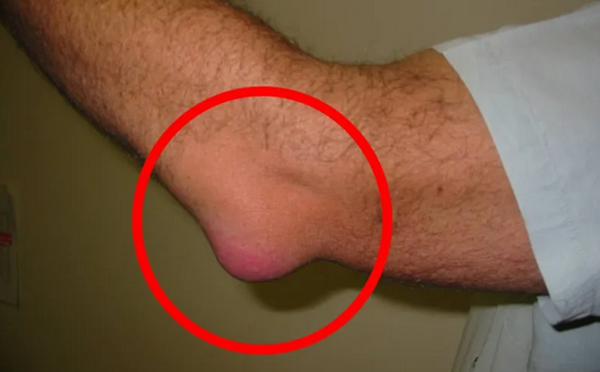9 Alarming Signs of Swollen Feet You Should Never Ignore
Swollen feet are a common issue that many individuals experience, often resulting from prolonged standing or sitting, high salt intake, or pregnancy. While occasional swelling may not be a cause for concern, persistent or sudden swelling can be indicative of underlying health conditions that require attention.

Common Causes of Swollen Feet:
-
Prolonged Standing or Sitting: Remaining in one position for extended periods can cause fluid to accumulate in the lower extremities due to gravity, leading to swelling.
-
High Salt Intake: Excessive consumption of sodium can cause the body to retain water, resulting in swelling, particularly in the feet and ankles.
-
Pregnancy: During pregnancy, the body produces more blood and bodily fluids to support the developing baby, which can lead to swelling in the feet and ankles.
When to Seek Medical Attention:
While mild swelling can often be managed with home remedies, it’s crucial to consult a healthcare professional if you experience:
-
Sudden or Severe Swelling: Especially if it’s painful or occurs in one leg, as this could indicate a blood clot or deep vein thrombosis.
-
Swelling Accompanied by Other Symptoms: Such as shortness of breath, chest pain, or irregular heartbeat, which may signal heart-related issues.
-
Persistent Swelling: That doesn’t improve with elevation, compression, or other home treatments.
Potential Underlying Health Conditions:
-
Heart Failure: When the heart is unable to pump blood effectively, it can cause fluid to back up in the legs, leading to swelling.
-
Kidney Disease: Impaired kidney function can result in fluid retention, causing swelling in various parts of the body, including the feet and ankles.
-
Liver Disease: Conditions like cirrhosis can lead to decreased production of albumin, a protein that prevents blood from leaking out of vessels, resulting in fluid accumulation and swelling.
-
Deep Vein Thrombosis (DVT): A blood clot in a deep vein, usually in the leg, can cause sudden and severe swelling. DVT is a serious condition requiring immediate medical attention.
-
Venous Insufficiency: This occurs when veins in the legs are unable to send blood back to the heart effectively, leading to blood pooling and swelling in the lower extremities.

Home Remedies and Preventative Measures:
-
Elevation: Raising the feet above heart level can help reduce swelling by facilitating fluid return to the upper body.
-
Compression Socks: Wearing compression stockings can help prevent fluid from accumulating in the feet and ankles.
-
Regular Exercise: Engaging in physical activity promotes circulation and can help prevent fluid buildup.
-
Hydration: Drinking adequate water helps maintain fluid balance and can reduce water retention.
-
Reduced Salt Intake: Limiting sodium consumption can help prevent fluid retention associated with high salt diets.
It’s essential to pay attention to your body’s signals. If you notice unusual or persistent swelling in your feet, consult a healthcare professional to determine the underlying cause and appropriate treatment.


